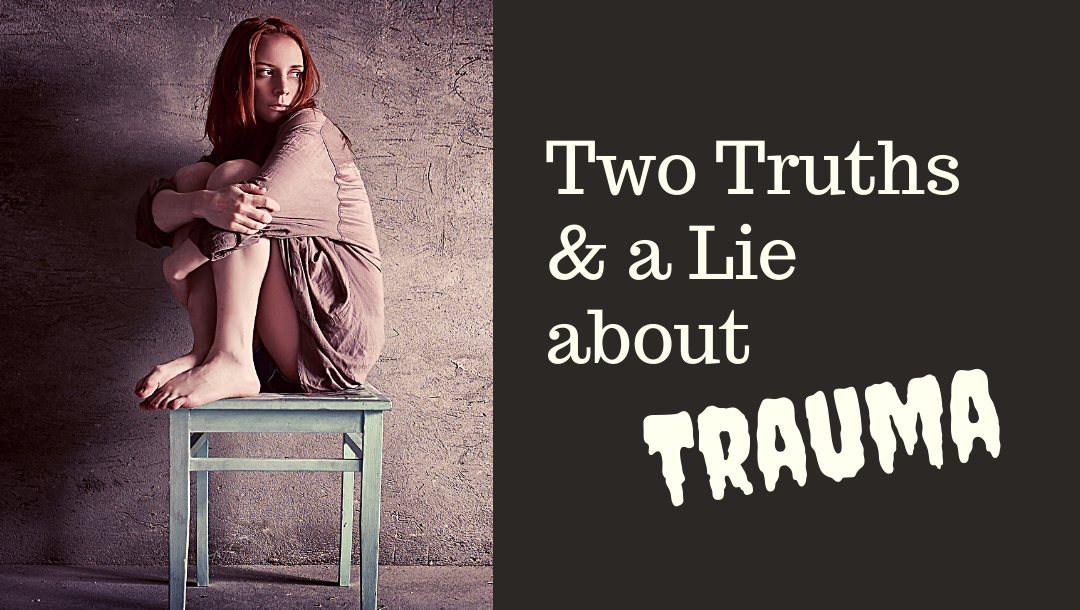Self-Esteem is Overrated
/If you struggle with low self-esteem this blog is for you. I will explain why self-esteem is not just overrated but can even be toxic. I will also introduce you to self-esteem’s cousin, self-compassion, which will make you feel better without the ugly underbelly of self-esteem.
It may seem harsh to call self-esteem “toxic” so let me explain. Self-esteem is basically a comparison game. The “cool kids” have good self-esteem, the kids who are not considered “cool” often struggle in this area, not just as children but well into adulthood. Self-esteem is based on being “better” than someone else. It’s based on getting better grades or doing better in sports or being picked first for the team. Yet someone has to be picked last. We can’t all be “better” all the time. A good student will encounter a better student. A good athlete will encounter a better athlete. A cool kid will do something profoundly “uncool.” It happens. It’s life. And when it does we look around and self-esteem is nowhere to be found!
Self-esteem is a fair weather friend at best, but the toxic part it comes in when it affects how we treat others. It shows up as “us” versus “them” or as a dog-eat-dog fight for the top slot. It shows up as “mean girls” and bullying and workplace gossip. It shows up as stealing credit for someone else’s work product or not acknowledging a coworker's contribution. If we have to be better to feel good about ourselves then our identity is tied up in getting the top slot, the next promotion, having a bigger home, a better car, or whatever else we identify as indicators of our worth. Higher self-esteem in our culture has also been correlated with higher levels of narcissism and a sense of entitlement no longer based on merit.
Luckily, the choice doesn’t have to be either to feel lousy about oneself or to be narcissistic. And that is where self-compassion comes in. Self-compassion is about accepting our shortcomings, acknowledging our limitations, and being kind to ourselves when we don’t get that top slot. When we face suffering, our own inadequacies or life’s inevitable failures, self-compassion does not abandon us. Self-compassion is there when we win first place or when we come in last. And being compassionate to ourselves invariably leads to showing greater compassion for others.
But what exactly is self-compassion?
Self-compassion has 3 parts. The first is to notice our own suffering. When we don’t get the promotion, or we miss a deadline or yell at the kids, self-compassion notices that we are hurting, that we are feeling bad. This is called mindfulness, which essentially means being aware of what is happening in the present moment without judgment. When we notice our suffering and simply acknowledge it without judging it or making ourselves wrong for our emotions, this is the beginning of self-compassion.
The second stage is to recognize that we are not alone in suffering. Many times when we fail or fall short of our own standards, we feel isolated. Yet our experience is part of the human experience. We all fail. We all miss the mark. When we mentally connect to our common humanity, we are no longer alone and isolated. In fact, we are normal. We are flawed, but it is ok to be flawed.
The third stage is self-kindness.Most of us have an inner critic and sometimes that inner critic can be harsh and cruel. We say things to ourselves that we would never say to someone else in our situation. Would you tell your best friend that they are a horrible parent because she yelled at her kids? Or that she is a lazy, good for nothing employee because she arrived at work late or missed a deadline? Probably not. Most people wouldn’t stick around if we talked to them like that, but we have nowhere to go to get away from our inner critic. The solution is to be deliberately kind to ourselves, comforting ourselves like we would a friend. This is awkward and weird at first. That’s ok. Keep practicing and eventually you will be able to do it naturally.
So the next time you hit one of life’s inevitable bumps in the road, take a breather and go through the stages of self-compassion: 1) notice your suffering, 2) recognize that suffering is a part of being human, and 3) be kind to yourself.
If you would like to learn more about self-compassion or would like help taming your inner critic, reach out today to schedule a free consultation. 832-534-3624
















Trauma is not something wrong with you. It is something wrong with what happened to you. Click the image above to learn more about how I can help you overcome trauma.